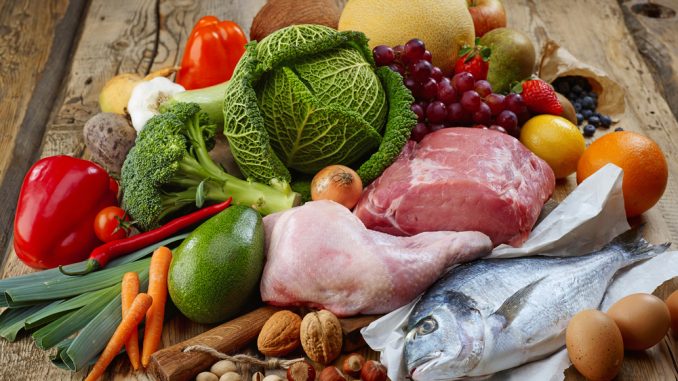
As we all know….
Carbohydrates are the most common and abundant forms of sugars (candy, jams, jellies, desserts) fiber, starches (cereals, bread and pasta).The food with high content of carbohydrate forms an important part of a healthy diet. But do we really know what actually carbohydrate does in our body…
Let’s have a brief read about the main functions of carbohydrates.
- Provides energy and regulate blood glucose
Carbohydrates give us energy for metabolism. Some of the carbohydrates consumed are stored in liver and muscles as glycogen; some gets utilized immediately by the tissues whereas the remaining adipose tissues are stored for future energy requirements. This is the main reason why nutrition practitioners give carbohydrates a prime importance while planning a meal. Nearly half of the calories in a diet should be obtained in the form of carbohydrates.
- Sparing protein
Our body will start using protein as a fuel, if we don’t provide enough carbohydrates. As a result, it will hinder the main functioning of protein like body building and repairing. A diet with adequate amount of carbohydrates allows proteins to do their primary function.
- Required for fat oxidation
Fat provides twice as much as energy as carbohydrate does for unit weight, carbohydrate is essential to burn fat. In order to metabolize fat, a breakdown product of carbohydrate named “oxaloacetic acid” is necessary. In the absence of oxaloacetic acid fat turns into ketones which can be toxic to the bodies. So, we need carbohydrate to allow fat for metabolizing correctly by the body.
- Gastrointestinal function in the body
Carbohydrates help in gastro-intestinal functions. Lactose promote the growth of some health benefiting bacteria in small intestine which plays a role in synthesis of certain B- complex Vitamins. Cellulose provided by carbohydrate gives bulk in the diet which helps in peristaltic movement of the gastrointestinal tract. Carbohydrate lactate is found to be good for bones as it helps in absorption of calcium in the body.
- Carbohydrates give flavor
Not only bulk, Carbohydrate adds in flavor and enhances color in your food. It brings variety and appeal in the diet. Carbohydrates can be consumed both in raw or cooked form. It can be easily digested by the gastro intestinal tract. Together they form staple food for humans.
Types and Sources
If you are health conscious keep a check on glycemic index before consuming carbohydrates. There are high glycemic carbohydrate offenders like donuts, pretzel that quickly shoots up your blood sugar level, and left you packed with pounds. But, we do have good carbohydrates. These carbohydrates are complex in nature and body takes time to dissolve them.
Let’s read about the two broad categories of carbohydrates for better understanding.
- Simple Sugars
- Complex Sugars
We eat simple carbohydrates every time we have a bite of cake, cookies or bread slices. All these product contains refined carbohydrates, such as sugar. Simple sugars which we consume tend to raise our insulin level by quickly diluting into the system. This increased blood sugar level can result in diabetes. The best way to consume simple sugars is by forming a combination with fruits and dairy products.
If you are keeping a check on diet avoid consuming plain sugar… like candies
Complex sugars are known as starches. They are found best in whole grain items, including whole grain bread, pasta and rice. They are loaded with fiber and once consumed takes time to break down in GI tract. As compared with simple sugars they are more filling and good for health.
9 Best sources of Carbohydrates
- Colocasia/ taro
- Sweet potato
- Chick pea
- Low fat yogurt
- Brown Rice
- Oats
- Blue berries
- Banana
- Chestnut
